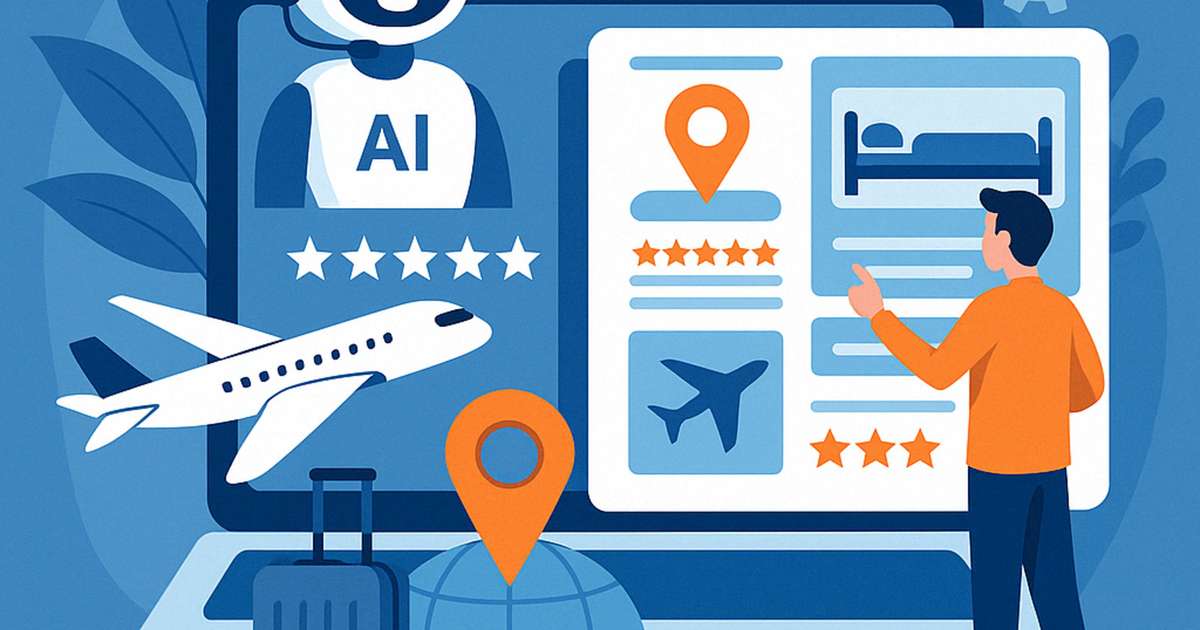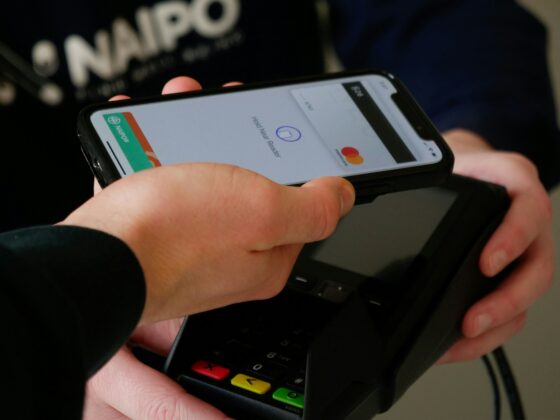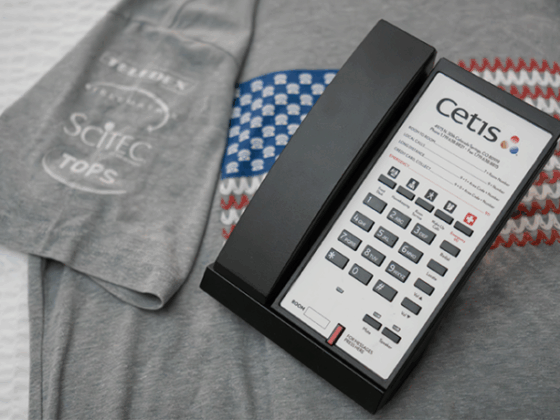
Planning a vacation should be exciting — yet for many travelers, it’s anything but. Faced with endless options for destinations, accommodations, flights, and activities, consumers quickly encounter “choice stress,” leading to decision fatigue and dissatisfaction. As hospitality managers, this isn’t just a customer experience issue but it’s a business one. Stressful planning leads to abandoned bookings, lower satisfaction, and lost loyalty.
But here’s the opportunity: artificial intelligence (AI), when combined with customer value co-creation (CVC), can revolutionize how guests plan their vacations, creating seamless, personalized experiences that reduce stress, lower perceived effort, and drive future bookings.
Personalization with Purpose: The Role of AI
AI tools such as chatbots, itinerary planners, and recommendation engines are already used in the industry, yet many are underutilized. Instead of simply answering questions, these tools can guide customers through the planning journey, offering tailored suggestions based on preferences and past behavior. This level of personalization reduces the cognitive load on customers and increases the confidence they have in their decisions.
Co-Creation That Works
Giving customers a role in shaping their own travel experience fosters a sense of control and ownership. This active participation reduces uncertainty and enhances decision confidence. However, it can also increase perceived effort. Travelers may need to invest more time and mental energy, especially when platforms are not intuitive.
This is where AI plays a crucial role. Rather than replacing the customer’s involvement, AI supports it. It simplifies comparisons, filters irrelevant information, and delivers relevant choices in real time. This partnership between human input and machine intelligence creates a smooth, engaging planning experience.
AI + Co-Creation: A Winning Formula
In a recent study involving 250 tech-savvy travelers who used AI-enabled platforms to plan their holidays, We examined how AI can empower customers without overwhelming them. The key lies in co-creation; giving customers a role in shaping their own travel experience; supported by AI that intelligently guides the process.
Here’s what we found:
- Co-creation reduces choice stress. When travelers actively shape their itinerary, they feel more in control and less anxious about making the “wrong” choice.
- But co-creation also increases effort. More input from the customer can feel like more work; unless it’s made easier.
- Enter AI. Tools like itinerary planners, recommendation engines, and chatbots help streamline decision-making by personalizing suggestions and filtering noise.
- AI makes effort feel worthwhile. Even when travelers put in time and energy, AI reframes that investment as meaningful and productive — leading to higher satisfaction.
- Satisfaction is the ultimate driver. Happy users are more likely to return and recommend AI-enabled platforms for future trips.
What This Means for Hospitality Managers
Whether you’re running a hotel chain, a tour company, or a travel platform, integrating AI into your customer journey isn’t just a tech upgrade but it’s a strategic move to:
- Empower travelers by giving them control with guidance.
- Reduce friction during planning without limiting options.
- Drive loyalty through experiences that feel customized and effortless.
- Boost conversion rates by reducing abandoned plans due to overwhelm.
How to Put This Into Practice
- Reimagine your chatbots. Move beyond FAQs. Make them itinerary co-designers.
- Invest in smart recommendation engines. Use customer data to offer curated options, not generic lists.
- Guide, don’t decide. Let users make the final call, but use AI to narrow the field intelligently.
- Highlight the value of the customer’s input. Make users feel their engagement matters, because it does.
Final Thought
The most successful hospitality platforms will be those that empower their guests to co-create experiences with less effort and more confidence. AI makes this not only possible but practical. By addressing the choice stress and cognitive burden often associated with vacation planning, AI can improve satisfaction and strengthen customer loyalty.
As technology continues to shape the future of hospitality, AI-enabled co-creation offers a compelling way to transform planning from a point of friction into a moment of value creation.
Dr. Yaser Al Dhabyani
Senior Lecturer in Hospitality Research and Marketing Innovation, Vrije Universiteit Amsterdam; Hotelschool The Hague
Hotelschool The Hague









